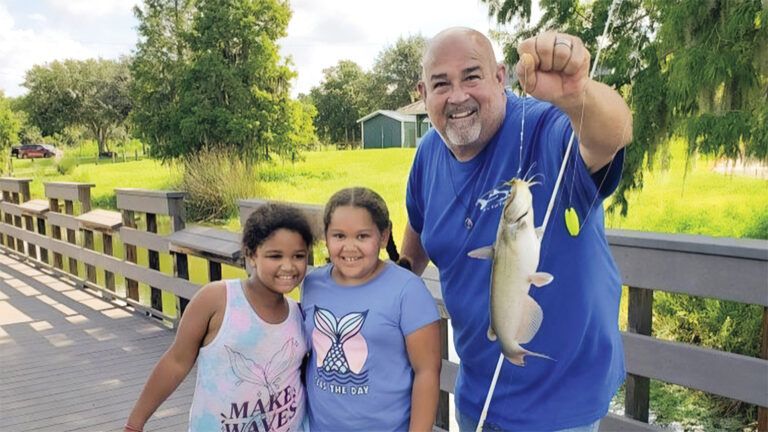Musician Marc Zimmerman had been disappointed with how schools handled his twin autistic boys for some time. As a result of autism, his third-grade sons needed extra help developing social and emotional skills. Zimmerman tells Guideposts.org:
“[Teachers] would send home a worksheet and [ask you to] plug your son’s name into this story [as if that would help the kids better relate to the story]. I was like, ‘there is no way that this is going to sink in.’”
READ MORE: AMERICA’S ANGELS: SISTER CHALA SERVES THE POOR
In 2009, Zimmerman had an idea.
As he was dropping his sons off at school, a song idea popped into his head. Its lyrics were all about his third-graders and how they could (and couldn’t) relate to their peers. He dubbed the song “The Language Express.”
Inspired by the song idea, with the help of his wife, Tina, and a host of academic researchers, a speech pathologist and a behavioral therapist, Zimmerman created an interactive software program called Social Express, geared specifically towards children and young adults who, like his sons, needed more than just a piece of paper to help them relate to the real world.
Social Express takes users through different sets of experiences, called “webisodes” in the program, that help them learn how to think and manage many kinds of social situations.
Each webisode is designed to take the user on a journey, letting the child (and their parent) decide which action to take. In one episode, a girl wants to sharpen her pencil and is told no by her teacher; the child and parent get to choose, what should the girl do next? How would the interaction with the adult make her feel? Each choice holds positive or negative consequences for the user, which explain how certain actions are interpreted in a social setting.
The program also works on a scale, meaning children build upon the skills they learn. If, for instance, a child completed the webisode featuring the girl and her pencil – titled “No Means No” – they would graduate to a new webisode. In many ways, Social Express is just like any other video game children play, except instead of beating the bad guys or winning the race, the way for users to get to the next level is to understand how and why social interactions impact others.
Zimmerman admits getting his brainchild off the ground was no easy task. The family contributed their life savings and persuaded angel investors to put a stake in the program. They were able to recruit some of the best animators in Hollywood – think Pixar-level – to donate their talents.
READ MORE: HOW ONE MAN IS GIVING POVERTY THE BOOT
Still, convincing parents and educators that his game could actually help their children and students more easily learn social queues was difficult.
“A lot of people were like ‘how is a computer program really going to change a kid? I want my kid interacting with others; the last thing I want them to do is be spending more time on their computer,’” Zimmerman explains.
It was his own experience, sitting down with his sons to play the first episode of the program that convinced the businessman he had a project worth fighting for.
“We were sitting on the couch,” Zimmerman recalls. “Our legs were touching, our arms were touching, they were engaged and they were conversing with me,” he says, a rare experience for them, because of his children’s autism. “I had a feeling like ‘okay this is bigger than just them.’”
The Social Express is now in more than 100 schools in Encinitas Southern California school district and Zimmerman hopes to soon reach more than 15,000 schools across the country.
The father, who struggled with his children’s autism diagnosis in the beginning, says he and his wife have been able to have a fuller perspective on the disorder, thanks to this program.
“You have to shift your whole focus of what your expectations [for your kids] were and now what your reality is,” Zimmerman says of parenting children with autism. “We prayed. We tried to be spiritual and know that there is a bigger plan and maybe now we know. Through this experience with our kids we’ve been able to bring a program to the world and leave a legacy.”
He wants that legacy to help parents desperately searching for ways to connect with their own children.
“My hope for the Social Express is that I can provide parents a tool to be able to feel like they are contributing to their son or daughter’s well being. That they can actually do something outside the therapist; that they feel empowered.”
He also hopes his family’s personal journey can change the way we view autism and children who suffer with social and behavioral disorders.
“It’s not a death sentence,” Zimmerman says of getting an autism diagnosis. “From my perspective it has taught me to understand that people have strengths that are unseen. To harness those strengths, [just] love people, whoever they are, whatever their problems may be, for who they are.”






